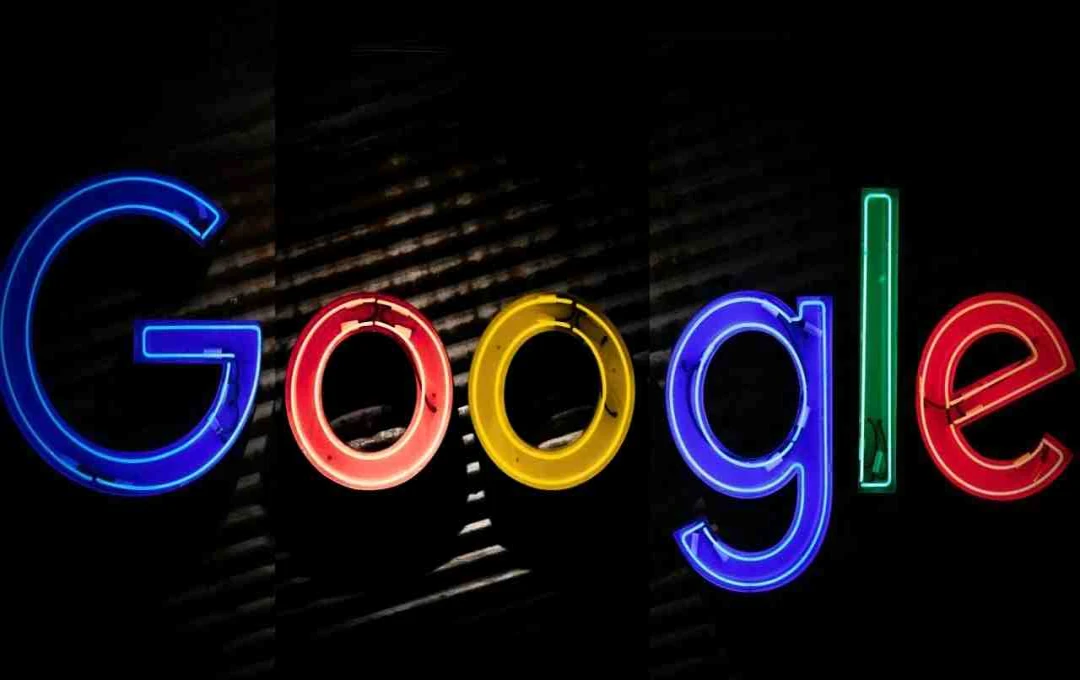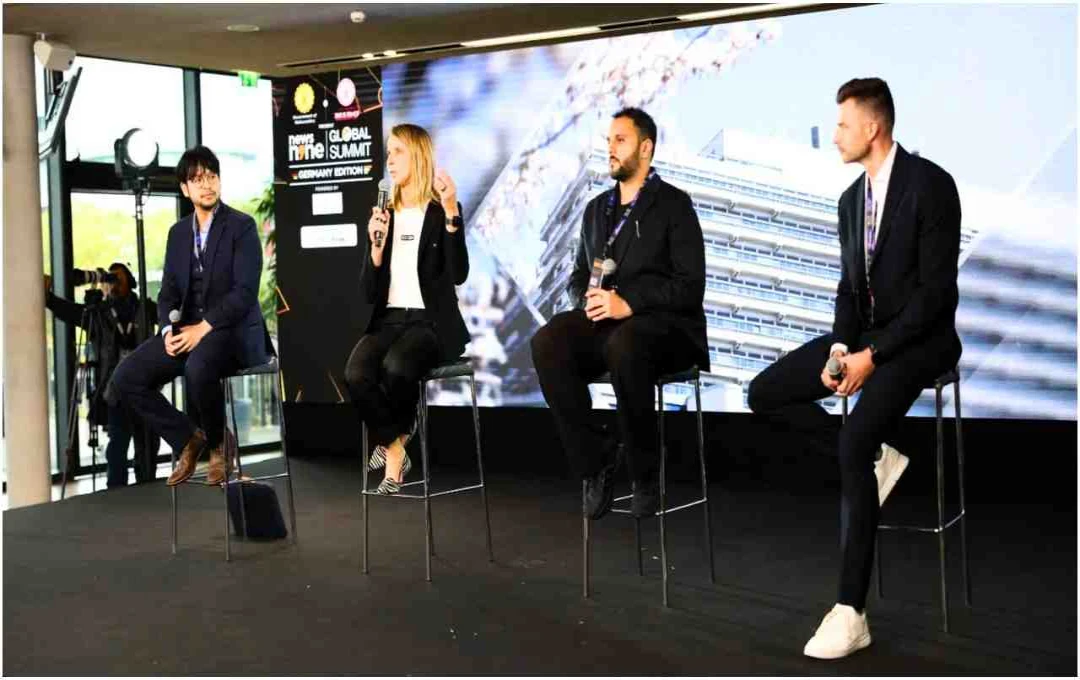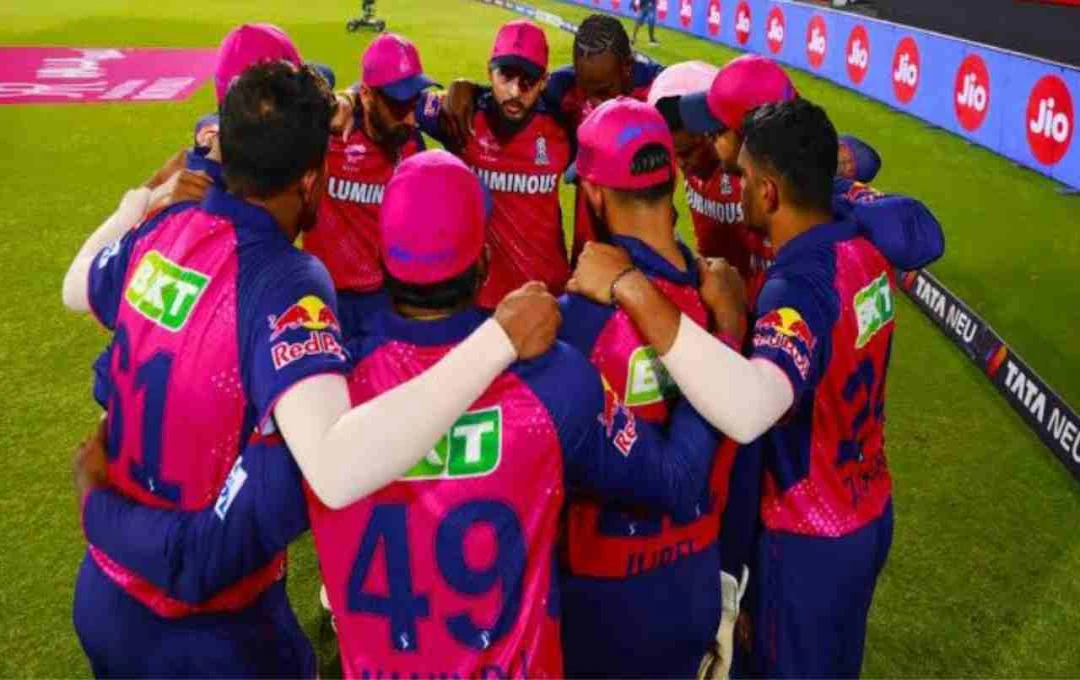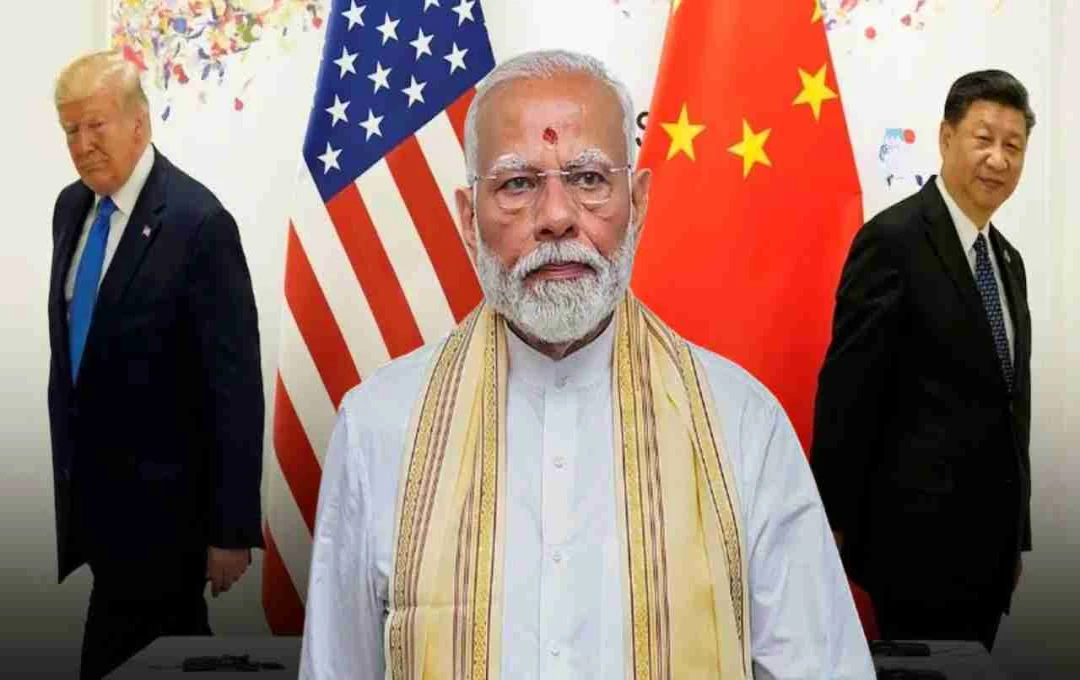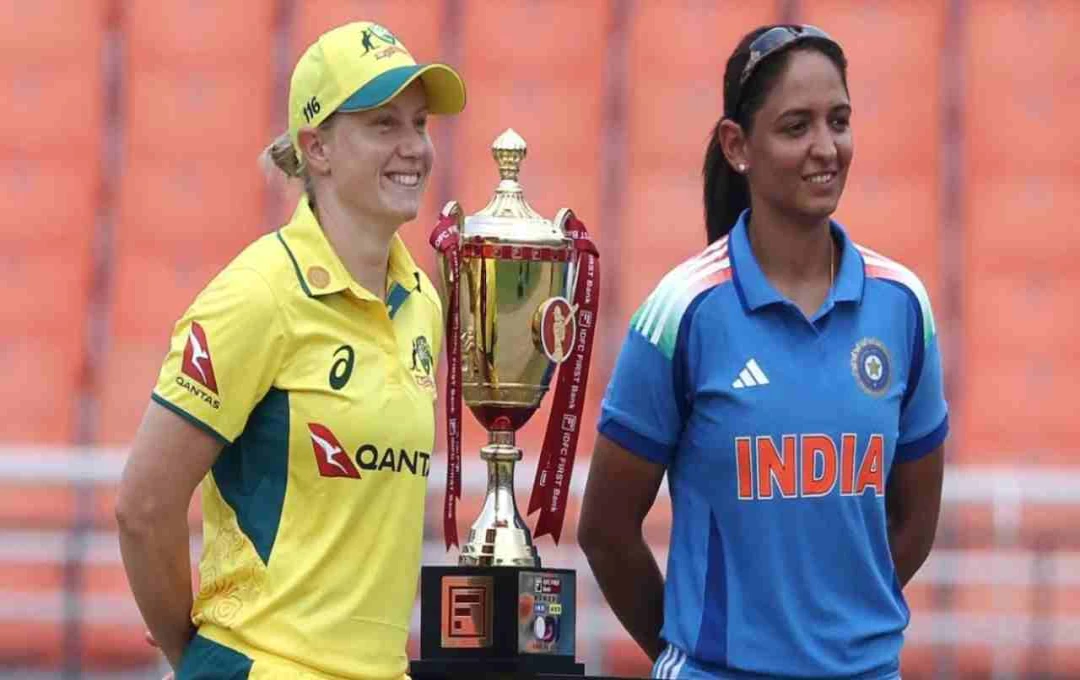Google is set to block the installation of apps from unverified developers on Android devices starting in 2026. Only apps from verified developers will function. This step has been taken to enhance user security and protect against issues like malware and fraud.
Google Developer Program: Google has announced that from 2026, only apps from verified developers will be installable on Android devices. This rule will apply to certified Android users worldwide, excluding some phones in China and custom ROMs. The new Android Developer Console will be available to all developers by March 2026. Google's aim is to reduce the risk of malware and fraud from unverified third-party apps, ensuring users can only use trusted apps.
New Rule Applicable to Certified Android Devices
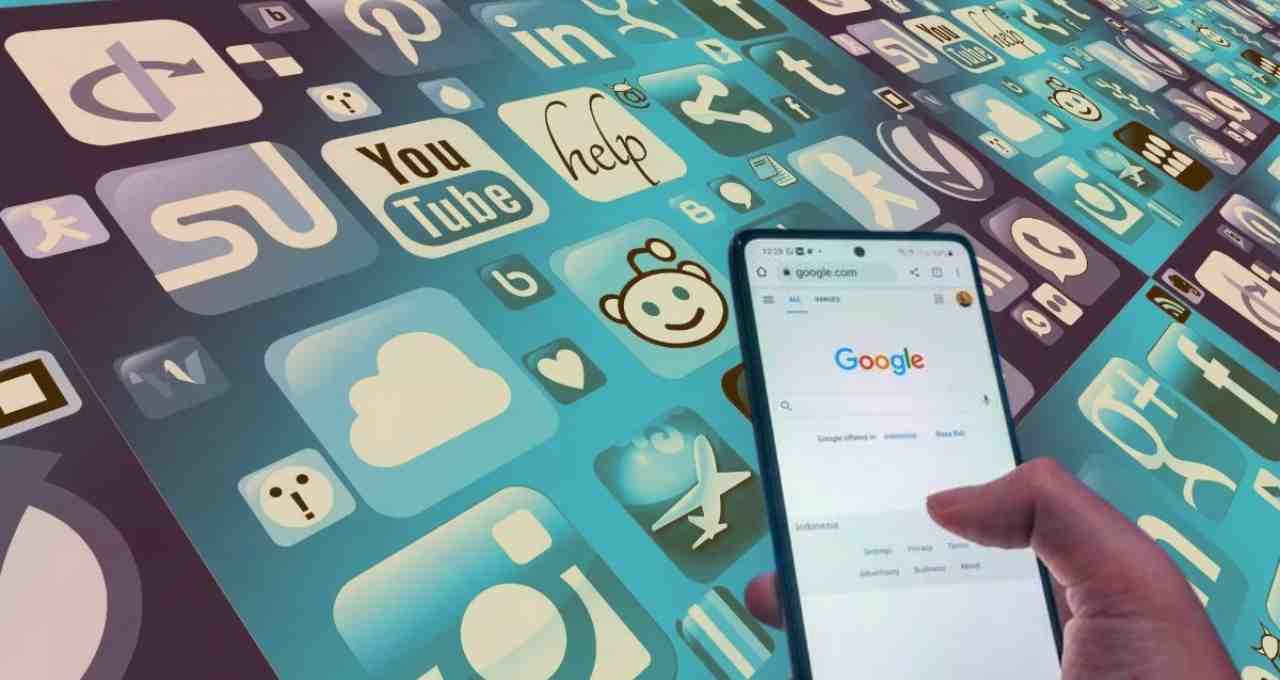
Google has announced that from 2026, only apps from verified developers will be installable on Android devices. Previously, verification was only required for developers putting apps on the Google Play Store, but now third-party app developers will also need to be verified by Google. Google is launching a new Android Developer Console for this purpose, where developers will need to register and complete the verification process. This change will gradually limit sideloading and ensure users only have access to trusted apps.
Timeline and Regional Expansion of the New Rule
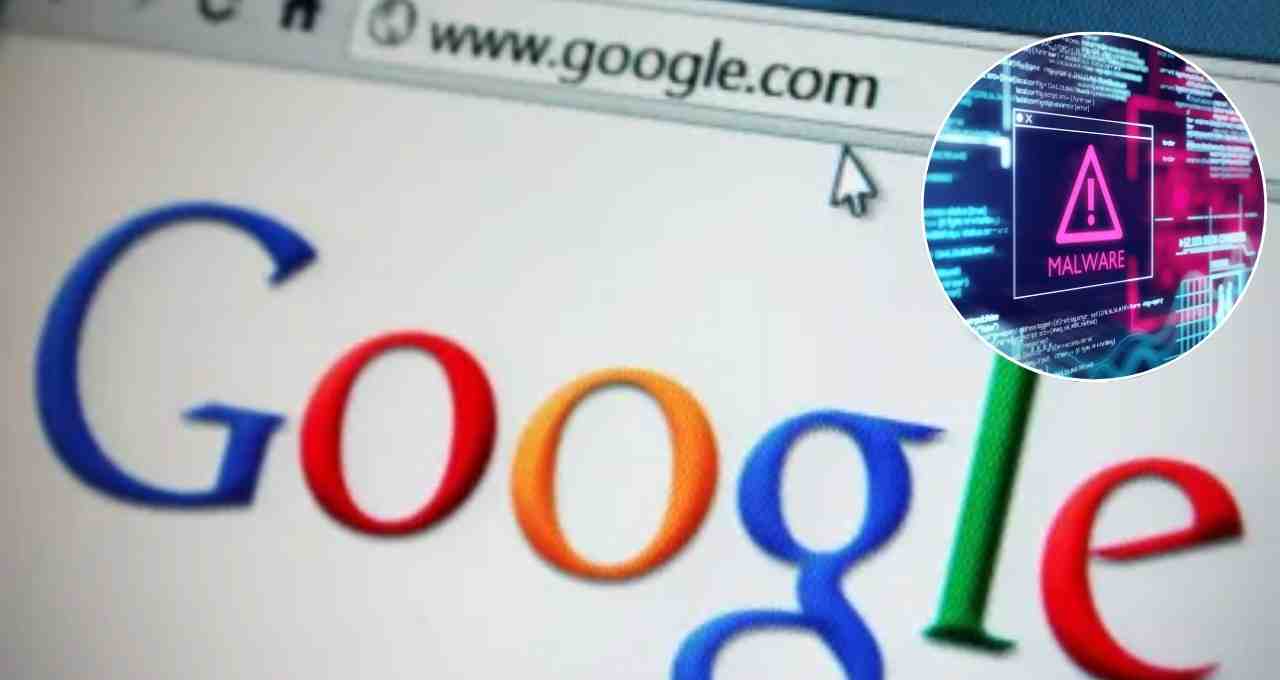
Google will begin testing the new system from October 2025, and the new Android Developer Console will be available to all developers by March 2026. The rule will first be implemented in Brazil, Indonesia, Singapore, and Thailand in September 2026. The company aims to have this verification system implemented on all Android devices worldwide by 2027.
Security and Impact on Users
According to Google, sideloaded apps have a 50 times higher risk of containing malware compared to regular apps. The new verification system will make it easier to identify genuine developers and catch fake app developers. This will ensure Android users can only install trusted third-party apps. However, this rule will not apply to devices without pre-installed Google services, such as some phones in China or custom ROMs.
Epic Games Case and Google's Response
In the recent Epic Games v. Google case, the court ordered Google to allow third-party app stores on the Play Store. Following this decision, Google decided to implement the new verification rule to maintain more control over app distribution.
Google's new step is crucial for enhancing the security of Android users and protecting them from fake apps. Developers will be required to complete the verification process, and users will only be able to install trusted apps. This change will ensure app security and reliable software distribution globally.
